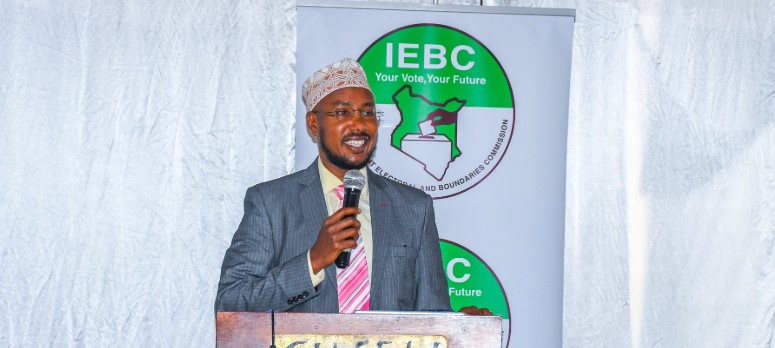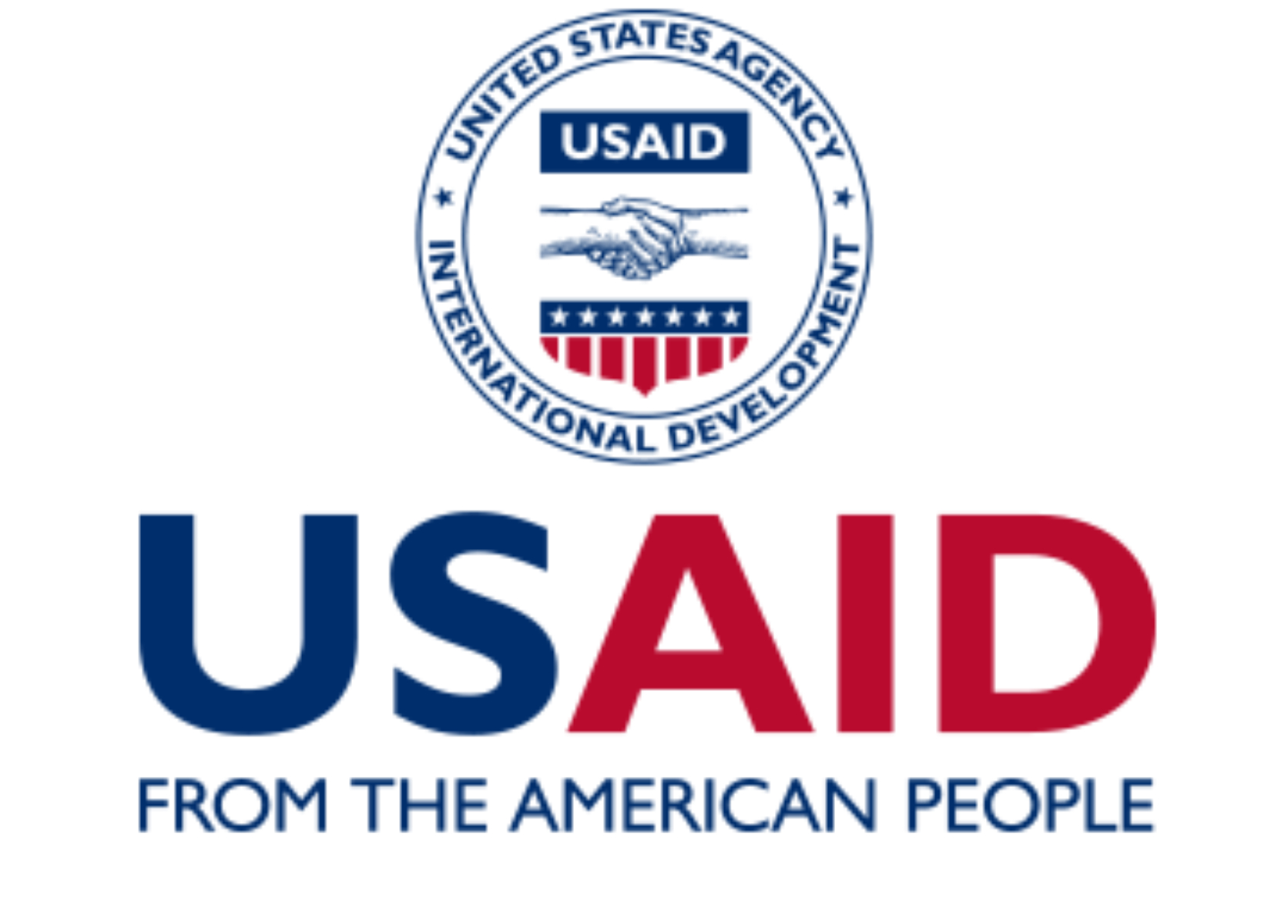Supreme Court to deliver BBI judgment on Thursday

Supreme Court has announced that it will deliver the much-awaited Building Bridges Initiative (BBI) judgment on Thursday, March 31.
In a notice on Monday, Supreme Court Registrar Litizia Wachira said the judges will be seated by 9:00 am at the Supreme Court of Kenya buildings.
An appeal on BBI case was heard by the judges between January 18 and 20, 2022.
The Attorney General and BBI lawyers teamed up with those of the Independent Electoral and Boundaries Commission (IEBC) to argue that the Appeal Court ruling was faulty.
The major points of contention revolved around the question whether the President can initiate constitutional changes through the popular initiative, the IEBC quorum issue and whether certain provisions of the supreme law were protected from amendments.
In its August 2021 ruling, the Court of Appeal upheld the decision of the High Court which found the three-year quest by President Uhuru Kenyatta and Orange Democratic Movement party leader Raila Odinga to amend the country’s supreme law through BBI unconstitutional.
The seven-judge bench also issued a permanent injunction restraining the IEBC from processing the Bill or subjecting it to a referendum, saying that it lacked quorum and a signature verification process.
The Appeal Court also ruled that the President cannot promote amendment of the Constitution through a Popular Initiative and that the Head of State can be sued with respect to his actions or omissions.
In the Supreme Court case, the IEBC team was led by Prof Githu Muigai and Eric Gumbo, who argued that the Court of Appeal and the High Court erred in law by finding that the polls body was not properly constituted.
“The Constitution sets a minimum number of commissioners the body needs to operate and that at the time, the three required commissioners by law were present,” Githu told the Supreme Court judges.
He argued that a judgement of the High Court had declared the said provision to be unconstitutional.
Repealed law
“The learned judges of the High Court and the Court of Appeal, and I say that, with respect, misconstrued the relevant provisions of the law in relation to the question of the petitioners relating to quorum to conduct its business,” he argued.
He argued that Section 5 and Section 7 of the IEBC Act had been declared unconstitutional and were now dead and unavailable for any use.
“Both the High Court and the Court of Appeal, relied on a repealed law, a law that was no longer in existence, and it is our very humble submission that was an incurable defect in law. We submit that the effect is that the subject provision of statute ceases to have legal effect and cannot be relied upon in the Katiba case,” he added.
Githu argued that the IEBC Act had contemplated that vacancies would arise and the mere fact there was a vacancy did not render the commission unconstitutional.
“The work of commission must continue because the law recognises the existence of a vacancy… The bench ignored Lawyers follow proceedings at the Supreme Court, yesterday. Battle to salvage BBI starts at the Supreme Court IEBC, secretariat lawyers seek to demolish ruling by High and Appeal courts on the law review initiative. Several authorities that were brought to their attention,” he stated.
It was his argument that an amendment of a statute is a legislative act, and while it is open to a court to declare an amendment to be constitutionally void, the declaration does not revive the former provisions.
Lawyer Gumbo argued that there was a conflict in decisions emanating from the courts.
He argued that if a public agency was properly and legally constituted today, and to say otherwise the next day, may not be good for public administration.
Gumbo said that Article 159 of the Constitution invites courts when exercising judicial authority to promote the principles and values of the Constitution.
“In particular, where do we find these values in the Constitution? Article 10 specifically sets out the importance of the rule of law,” he argued.












